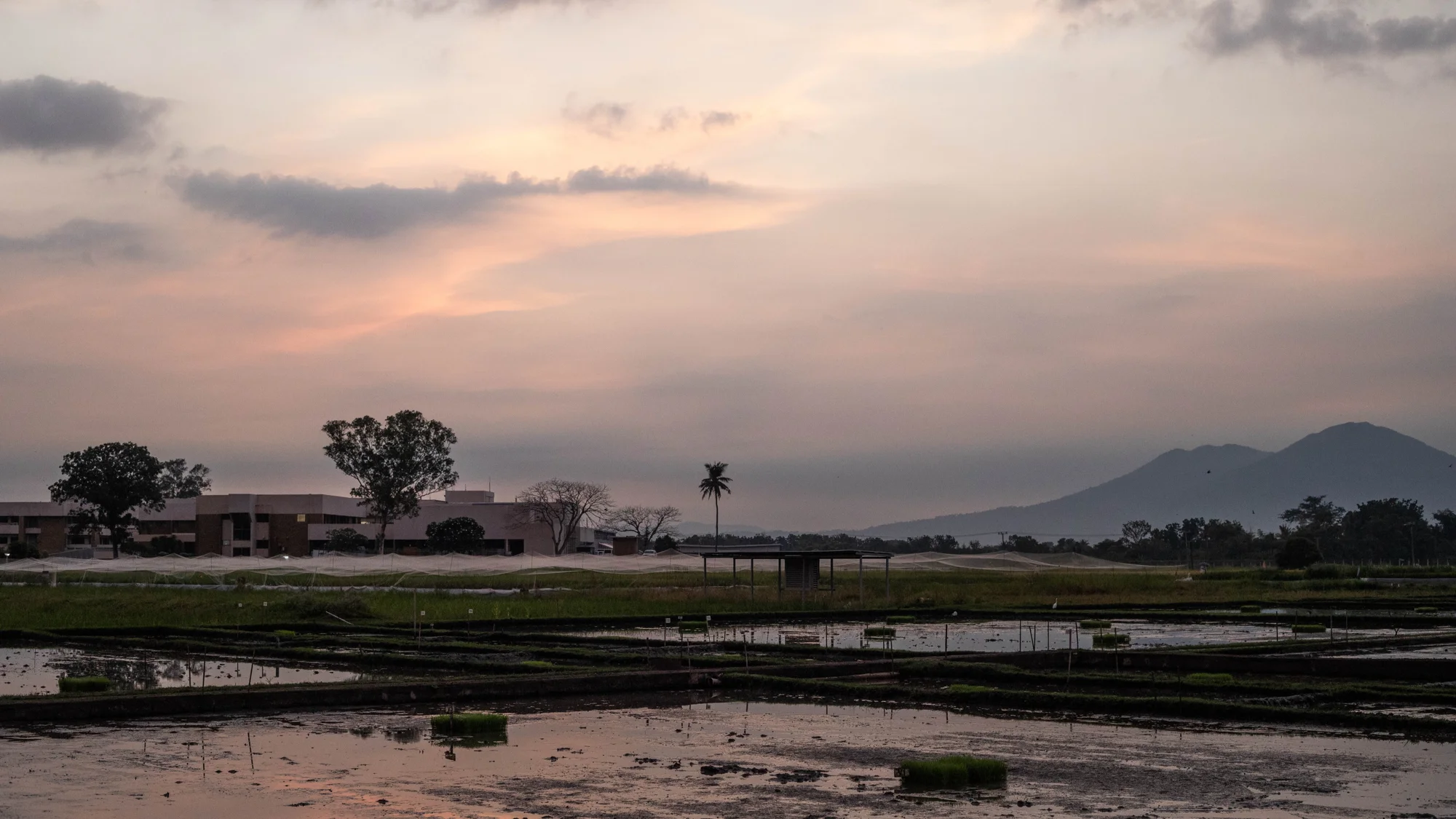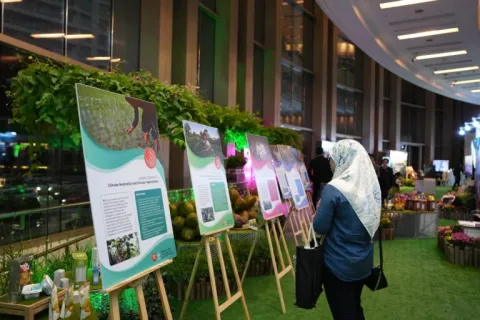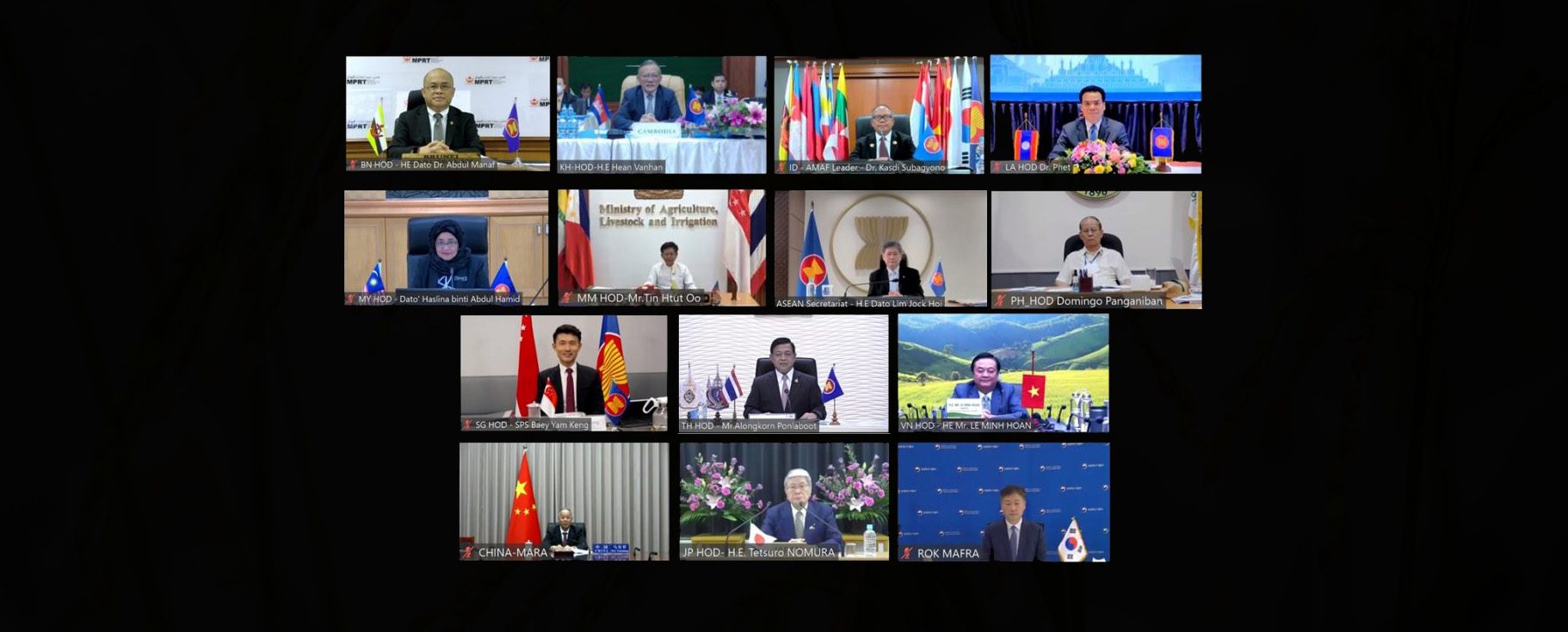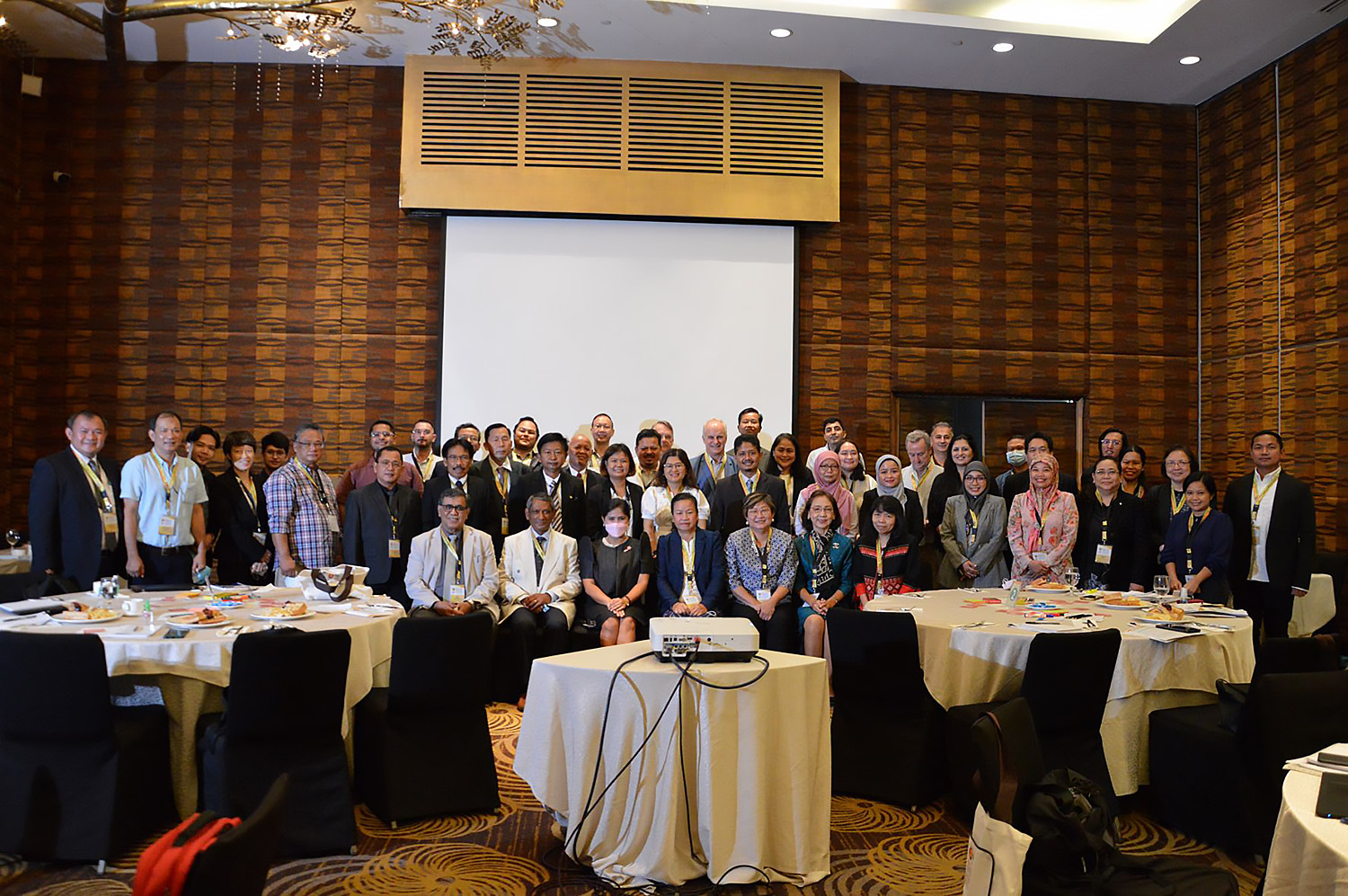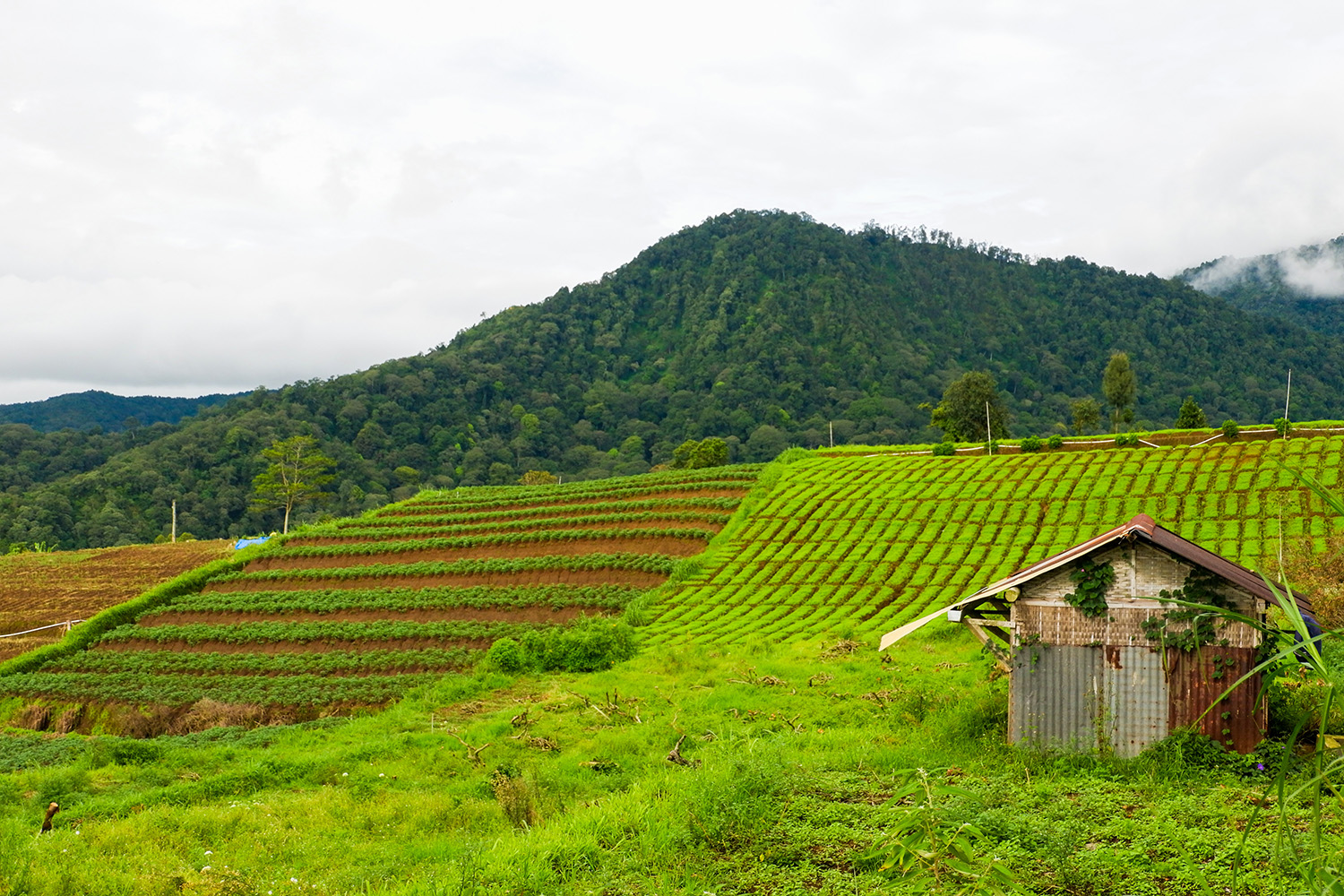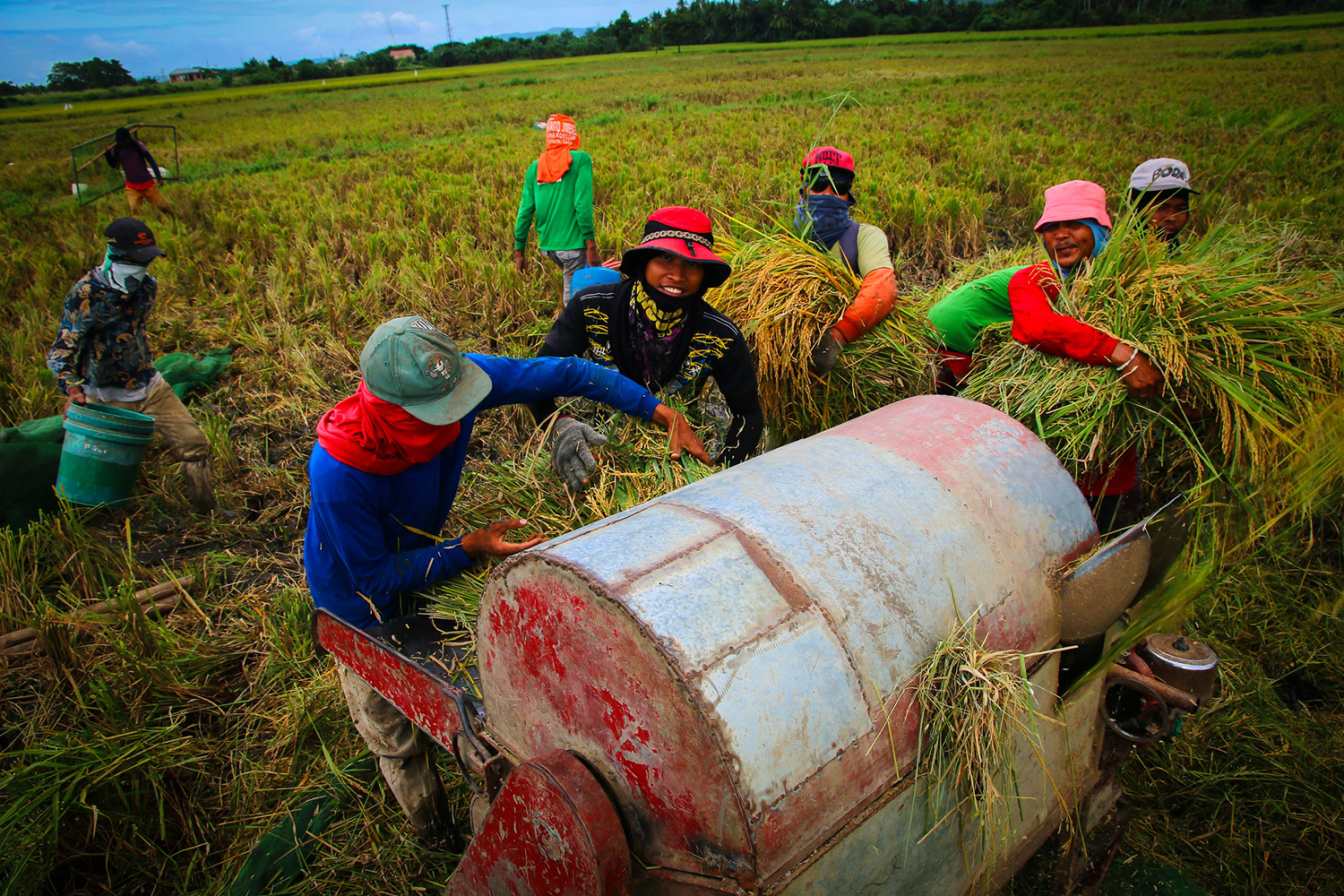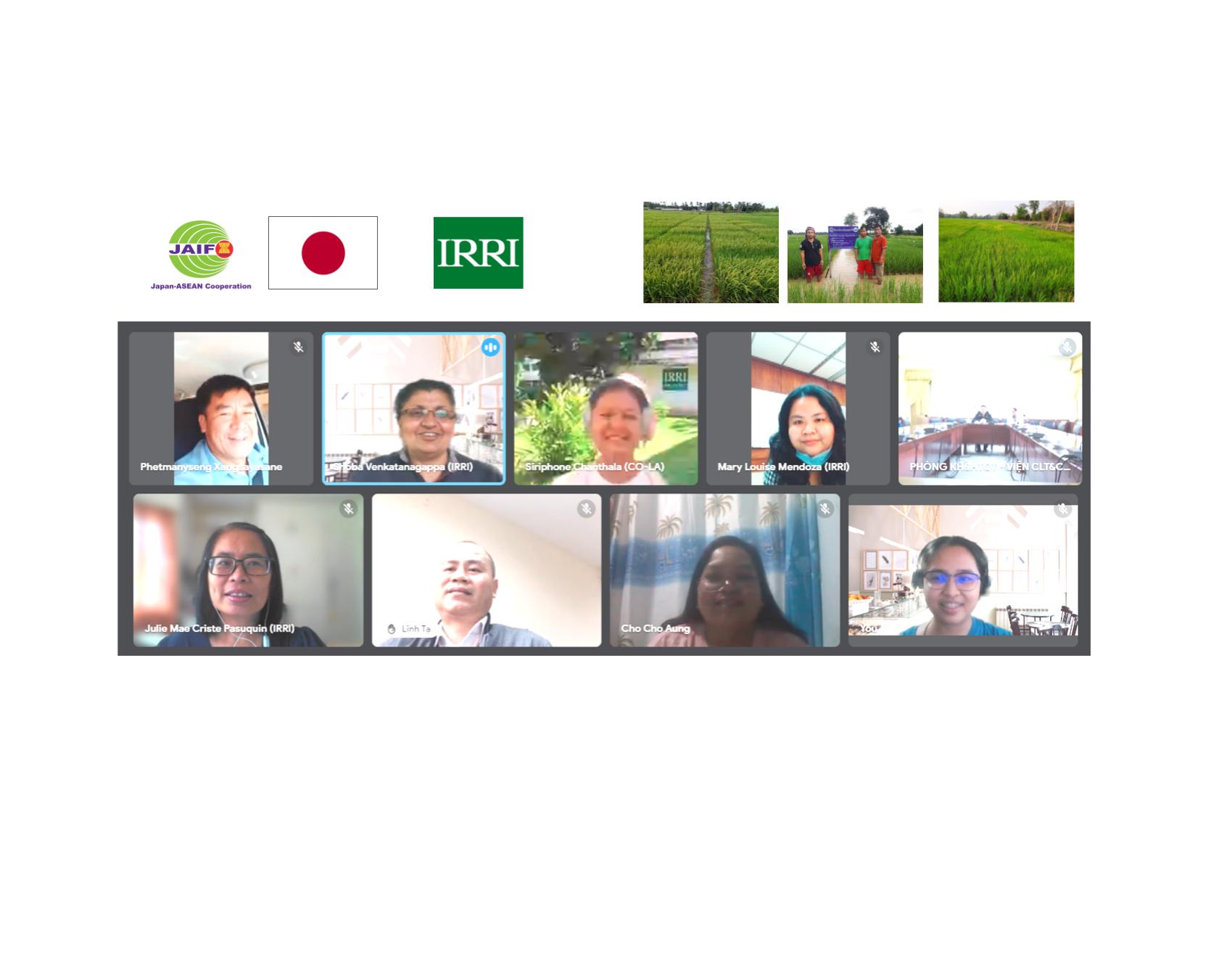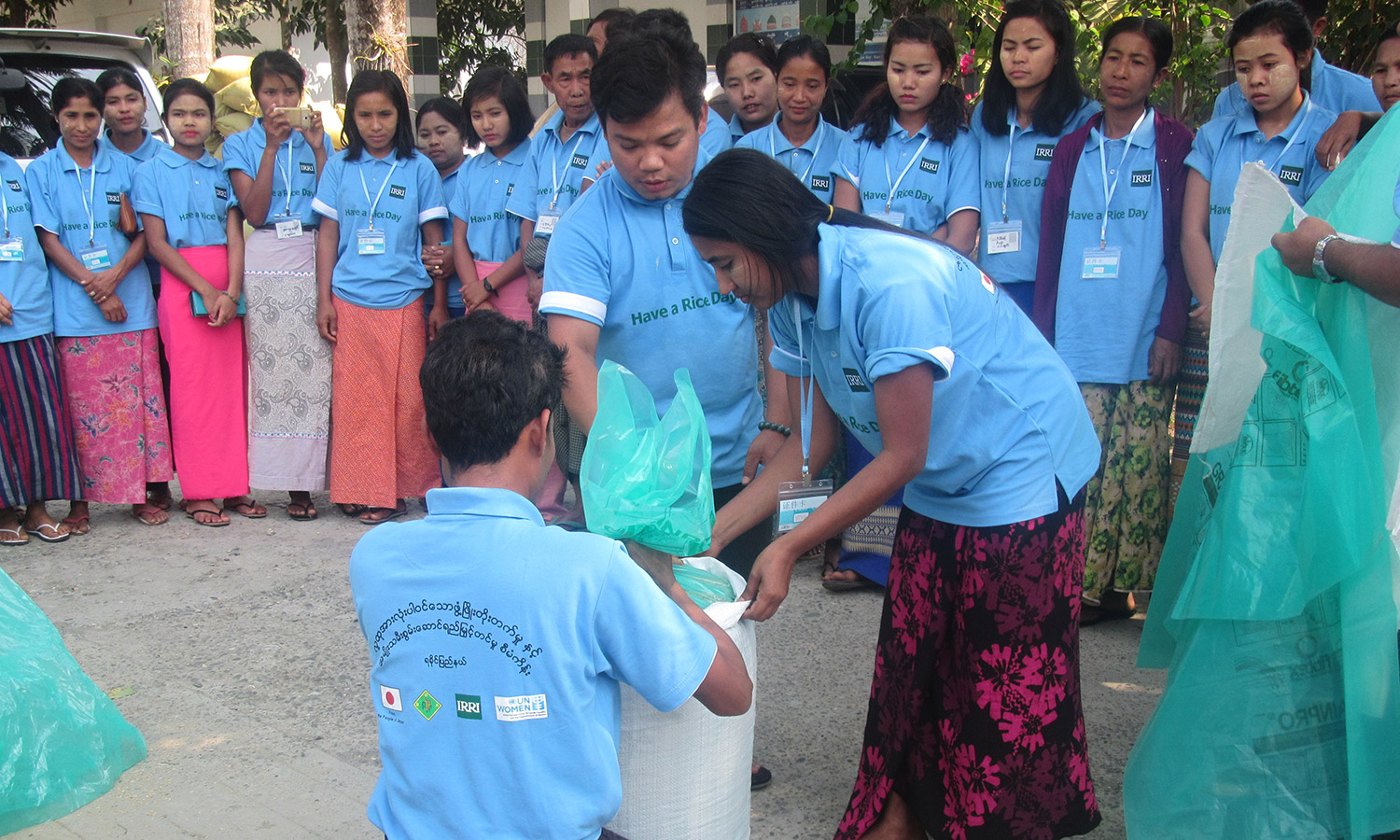Overview
Rice is a key driver of Myanmar’s economic development, supporting the livelihoods of more than 5 million rural households. As one of the world’s top rice exporters, Myanmar accounted for around 5 percent of global milled rice exports in 2023 (USDA, 2023). In the same year, the country produced an estimated 25.6 million metric tons of paddy rice across 6.5 million hectares of farmland, with average yields of 4 metric tons per hectare (FAO, 2023).
Myanmar holds strong competitive advantages in the global rice market with its abundant land, water, and labor force. These resources present great potential to enhance rice productivity and broaden export opportunities in the country.
Since 1965, IRRI and Myanmar have collaborated on initiatives to strengthen the country’s rice systems through the development and adoption of improved crop varieties, better crop management practices, and agricultural technologies, aimed at achieving higher yields, more efficient resource use, and increased farmer incomes. In addition, efforts to integrate rice with other food systems, such as fish farming, have contributed to better nutrition and more diversified rural incomes.
IRRI also supported Myanmar in training and nurturing young rice scientists. In partnership with local and international organizations, it promoted climate-resilient practices and digital tools, helping farmers adapt to environmental challenges while safeguarding their yields and livelihoods.
While national issues have affected some activities, IRRI continues to maintain its presence in Myanmar and remains committed to supporting the country’s rice sector to ensure food security, sustainable production, and economic resilience for millions of its farming households.

Robert Caudwell
IRRI Country Representative for Vietnam, Laos, and Myanmar
Office Address
CGIAR-FAO Compound, Insein Road, Gyogon Township,
Yangon 11011
Myanmar
